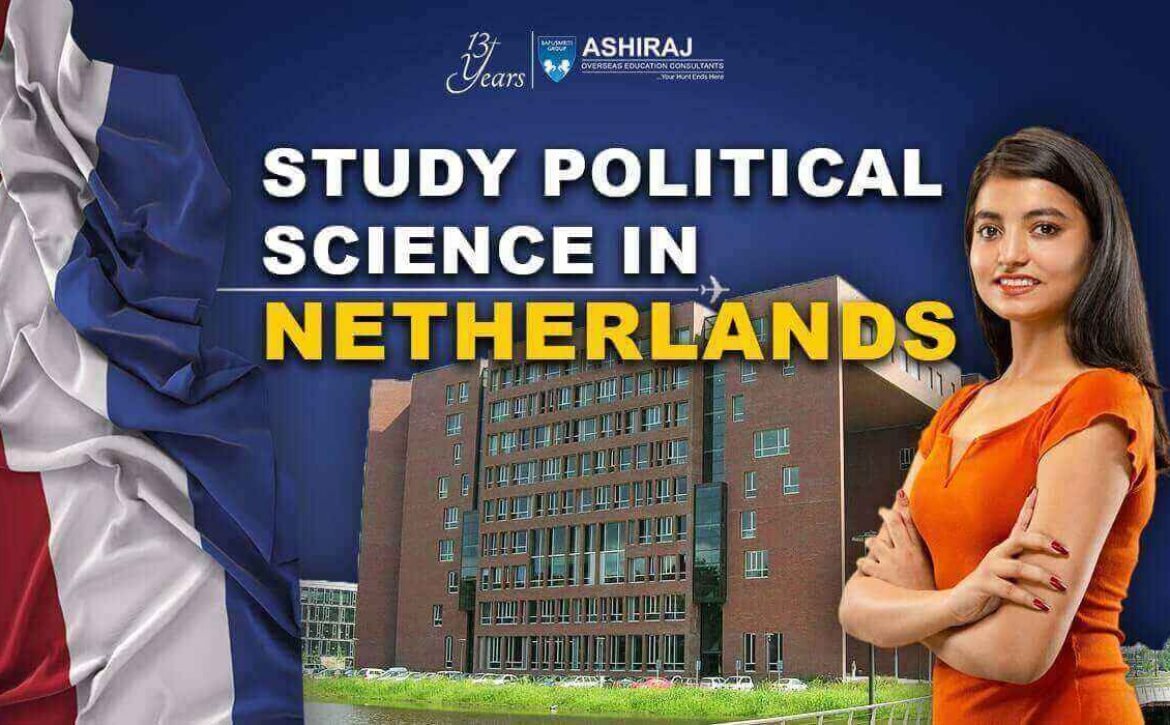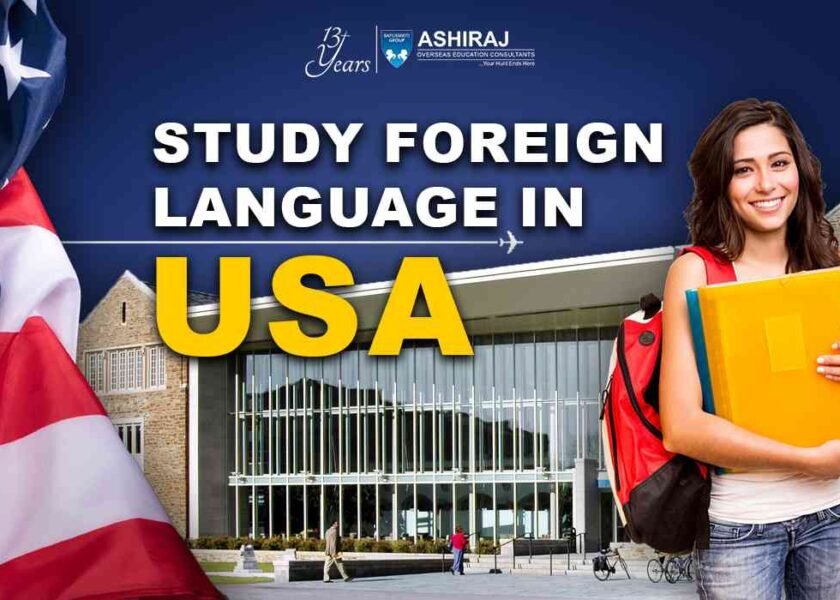
Political Science in Netherland
Political Science in the Netherlands encompasses a rich tapestry of political theory, governance structures, and real-world policy implementations within one of Europe’s most progressive democracies. With a history steeped in liberal values and a commitment to pluralism, the Netherlands offers a fascinating case study for scholars and practitioners alike. From its intricate coalition politics to its innovative approaches to social welfare, the Dutch political landscape presents a dynamic field for exploration and analysis.
Political Science in the Netherlands delves into the nuances of consensus-based decision-making, the role of political parties in shaping policy agendas, and the country’s engagement with global affairs through institutions like the European Union. Through interdisciplinary lenses, scholars investigate topics ranging from environmental sustainability to immigration policies, reflecting the interconnectedness of politics and society in this vibrant nation. As the Netherlands continues to navigate contemporary challenges and opportunities, the study of its political dynamics remains essential for understanding the broader European context.
Why to Study Political Science in Netherlands?
- Progressive Democracy: The Netherlands boasts a progressive democracy, making it an ideal setting to study political science. Its commitment to liberal values and pluralism provides an enriching environment for academic exploration.
- Innovative Governance: The Dutch governance system is known for its innovation and effectiveness. Studying political science in the Netherlands offers insights into novel approaches to governance and policy implementation.
- Coalition Politics: The Netherlands’ intricate coalition politics offer valuable lessons for understanding how diverse interests are navigated and negotiated within a democratic framework.
- Global Engagement: As a member of the European Union and a player in global affairs, the Netherlands provides opportunities to study the intersection of domestic politics with international relations.
- Interdisciplinary Perspectives: Political science in the Netherlands encompasses interdisciplinary perspectives, allowing students to explore connections between politics, economics, sociology, and more.
- Cutting-Edge Research: The Netherlands is home to leading research institutions in political science, offering access to cutting-edge research and academic resources.
Studying Political Science in the Netherlands provides a unique opportunity to delve into the complexities of modern governance, democratic processes, and global challenges within a dynamic and forward-thinking context.
Top Universities to Study Political Science in Netherlands
University | QS World University Ranking 2023 | Type of University | Average Annual Fees (EUR) | Programs Offered |
University of Amsterdam | 25 | Public | €2,168 – €4,392 | Bachelor’s, Master’s, PhD |
Leiden University | 70 | Public | €2,209 – €18,000 | Bachelor’s, Master’s, PhD |
Erasmus University Rotterdam | 101-150 | Public | €2,209 – €18,000 | Bachelor’s, Master’s, PhD |
Utrecht University | 120 | Public | €2,209 – €18,000 | Bachelor’s, Master’s, PhD |
Radboud University | 151-200 | Public | €2,209 – €18,000 | Bachelor’s, Master’s, PhD |
Studying Political Science in the Netherlands offers a plethora of options, with several esteemed universities known for their academic excellence and diverse programs. The University of Amsterdam, ranked 25th in the QS World University Rankings 2023, stands out for its comprehensive curriculum and research opportunities. Leiden University, Erasmus University Rotterdam, Utrecht University, and Radboud University also feature prominently, offering a range of programs from bachelor’s to doctoral levels. With affordable tuition fees compared to many other countries and a vibrant academic environment, these universities provide an ideal setting for students to delve into the intricacies of Political Science in the Netherlands.
Course Curriculum for Political Science in Netherlands
- Interdisciplinary Approach: Political Science programs in the Netherlands often adopt an interdisciplinary approach, integrating insights from sociology, economics, and law to provide a holistic understanding of political phenomena.
- Comparative Politics: Students delve into comparative politics, analyzing different political systems, ideologies, and institutions to gain a global perspective on governance and democracy.
- International Relations: The curriculum typically includes modules on international relations, covering topics such as diplomacy, globalization, and security studies to examine the complexities of global politics.
- Policy Analysis: Courses in policy analysis equip students with the skills to critically assess public policies, evaluate their impact, and propose effective solutions to contemporary socio-political challenges.
- Research Methods: Political Science programs emphasize research methods, training students in qualitative and quantitative techniques to conduct empirical research and contribute to scholarly debates.
- Thematic Specializations: Students can choose from a variety of thematic specializations, such as environmental politics, gender studies, or European integration, allowing them to tailor their studies to their interests and career aspirations.
- Internship Opportunities: Many programs offer internship opportunities, enabling students to gain practical experience in governmental institutions, non-profit organizations, or research institutes, enhancing their employability upon graduation.
The course curriculum of Political Science in the Netherlands is designed to cultivate analytical thinking, research proficiency, and a nuanced understanding of political dynamics, preparing students for diverse career paths in academia, public service, or the private sector.
Eligibility Criteria & Admission Requirements for MS in Political Science in Netherlands
- Language Proficiency: Applicants must demonstrate proficiency in English by providing scores from either the IELTS or TOEFL exams. A minimum score of 6.5 in IELTS or 90 in TOEFL is typically required.
- Standardized Tests: Some universities may require applicants to submit scores from either the GRE or GMAT exams. A competitive score in these tests showcases academic readiness and analytical skills.
- Educational Qualifications: Applicants should hold a bachelor’s degree or equivalent in Political Science, International Relations, or a related field from a recognized institution.
- Passport & Student Visa: International students must possess a valid passport and obtain a student visa to study in the Netherlands. Visa requirements vary based on nationality.
- Academic Certificates: Applicants need to submit transcripts and certificates verifying their academic qualifications. These documents should be translated into English if they are in a different language.
- Work Experience: While not always mandatory, relevant work experience in fields such as politics, public administration, or research can strengthen an application and demonstrate practical knowledge.
Table: Required Scores for Language Proficiency and Standardized Tests
Exam | Minimum Score |
IELTS | 6.5 |
TOEFL | 90 |
GRE | Varies |
GMAT | Varies |
Meeting the eligibility criteria ensures that applicants possess the necessary academic background, language proficiency, and documentation to thrive in Political Science programs in the Netherlands.
Documents Required for Studying Political Science in Netherlands
- Passport: A valid passport is essential for international students applying to study Political Science in the Netherlands.
- Letters of Recommendation (LOR): Typically, two letters of recommendation from academic or professional referees are required to assess the applicant’s qualifications and character.
- Statement of Purpose (SOP): An SOP outlining the applicant’s academic and career goals, research interests, and reasons for choosing the program is necessary to evaluate their motivations and aspirations.
- Curriculum Vitae (CV): A comprehensive CV detailing the applicant’s educational background, work experience, extracurricular activities, and achievements provides insight into their suitability for the program.
- Official Transcripts & Educational Certificates: Official transcripts and educational certificates, including high school and bachelor’s degree certificates, are required to verify academic qualifications.
- Work Experience Certificate: If applicable, a work experience certificate demonstrating relevant professional experience in fields related to Political Science strengthens the applicant’s profile.
- Proof of Financial Resources: Proof of financial resources, such as bank statements or sponsorship letters, is necessary to demonstrate the applicant’s ability to cover tuition fees and living expenses during their stay in the Netherlands.
Ensuring the timely submission of these documents is crucial for a smooth application process for Political Science programs in the Netherlands.
Admission Process for Political Science in Netherlands
- Research Programs: Begin by researching Political Science programs offered by universities in the Netherlands to find the ones that best suit your academic and career goals.
- Review Eligibility Criteria: Familiarize yourself with the specific eligibility criteria for each program, including language proficiency requirements, standardized test scores, and academic qualifications.
- Prepare Required Documents: Gather all necessary documents, including transcripts, certificates, letters of recommendation, statement of purpose, curriculum vitae, passport, and proof of financial resources.
- Language Proficiency Tests: Take either the IELTS or TOEFL exam and achieve the minimum required score to demonstrate proficiency in English.
- Standardized Tests (if required): If required by the university, prepare for and take either the GRE or GMAT exams and achieve a competitive score.
- Submit Online Application: Complete the online application form for your chosen Political Science program, ensuring that all required information and documents are provided accurately.
- Pay Application Fee: Pay the application fee as specified by the university, if applicable, to complete the submission of your application.
- Wait for Admission Decision: Await the admission decision from the university, which may take several weeks. Some universities may require an interview as part of the selection process.
- Acceptance and Enrollment: Upon receiving an offer of admission, accept the offer within the stipulated deadline and follow the instructions for enrollment provided by the university.
Following these steps meticulously will increase your chances of successfully securing admission to a Political Science program in the Netherlands.
“Education is the most powerful weapon which you can use to change the world.”
Nelson Mandela
Cost of Political Science Course in Netherlands
- Tuition Fees: The cost of tuition for Political Science programs in the Netherlands varies depending on the university and the level of study. On average, annual tuition fees range from €2,000 to €18,000 for international students.
- Living Expenses: In addition to tuition fees, students should budget for living expenses, including accommodation, food, transportation, and miscellaneous costs. Monthly living expenses typically range from €800 to €1,200, depending on the city and lifestyle.
- Scholarships and Financial Aid: Many universities offer scholarships and financial aid packages to international students based on academic merit, financial need, or specific criteria. It’s essential to research and apply for available scholarships to offset the cost of studying.
- Part-time Work Opportunities: International students in the Netherlands are allowed to work part-time alongside their studies. Part-time work can help cover living expenses and provide valuable work experience.
- Health Insurance: All students in the Netherlands are required to have health insurance. The cost of health insurance varies depending on the coverage and provider.
- Additional Costs: Additional costs may include visa application fees, study materials, travel expenses, and leisure activities. It’s essential to budget for these expenses to ensure a comfortable and enjoyable experience while studying Political Science in the Netherlands.
Understanding the cost of studying Political Science in the Netherlands is crucial for international students planning their education abroad.
Scholarships for Political Science Courses in Netherlands
Scholarship Name | Amount | Application Deadline |
Holland Scholarship | Up to €5,000 | Varies (typically February) |
Erasmus Mundus Scholarships | Varies | Varies (depends on specific program) |
Orange Tulip Scholarship | Varies | Varies (depends on country of origin) |
Anne van den Ban Fund | Varies | Varies (typically May) |
Utrecht Excellence Scholarships | Tuition fees + €11,000 | Varies (typically January) |
Scholarships play a crucial role in financing education, especially for international students pursuing Political Science in the Netherlands. The Holland Scholarship offers financial support of up to €5,000 to non-EEA students. Additionally, the Erasmus Mundus Scholarships provide funding for specific joint master’s programs. The Orange Tulip Scholarship is available to students from certain countries and covers partial tuition fees. The Anne van den Ban Fund supports students from developing countries pursuing agricultural-related studies. Moreover, the Utrecht Excellence Scholarships cover tuition fees and provide an additional stipend of €11,000 per year for outstanding students. Applicants should carefully review the eligibility criteria and application deadlines for each scholarship to maximize their chances of securing funding for their studies.
Career Opportunities After Political Science in Netherlands
Job Profile | Average Salary (EUR) |
Policy Analyst | €40,000 – €50,000 |
Political Consultant | €45,000 – €60,000 |
International Relations Officer | €35,000 – €50,000 |
Diplomat | €50,000 – €70,000 |
Government Relations Specialist | €45,000 – €55,000 |
Political Science graduates in the Netherlands have diverse career opportunities in both public and private sectors. Policy analysts play a crucial role in evaluating and formulating policies for government agencies, think tanks, and non-profit organizations, with average salaries ranging from €40,000 to €50,000. Political consultants provide strategic advice to political parties, advocacy groups, and businesses, earning between €45,000 and €60,000 annually. International relations officers facilitate diplomatic relations and cooperation between nations, with salaries averaging between €35,000 and €50,000. Diplomats represent their country’s interests abroad, with salaries ranging from €50,000 to €70,000. Government relations specialists engage with policymakers to influence legislation and regulations, earning between €45,000 and €55,000 per year. With their analytical skills, critical thinking, and understanding of political dynamics, Political Science graduates in the Netherlands can pursue rewarding careers in various fields.
Frequently Asked Questions About Political Science in Netherlands
Admission requirements typically include a bachelor’s degree in a related field, language proficiency (IELTS/TOEFL), standardized test scores (GRE/GMAT), letters of recommendation, statement of purpose, and academic transcripts.
Yes, there are several scholarships available for international students, such as the Holland Scholarship, Erasmus Mundus Scholarships, Orange Tulip Scholarship, and university-specific scholarships.
The average annual tuition fees for Political Science programs in the Netherlands range from €2,000 to €18,000 for international students, depending on the university and level of study.
Yes, international students are allowed to work part-time (up to 20 hours per week) alongside their studies in the Netherlands.
Career opportunities include roles such as policy analysts, political consultants, international relations officers, diplomats, and government relations specialists, with varying salary ranges.
While most programs are taught in English, some universities may offer courses in Dutch. However, Dutch language proficiency is not typically required for international students.
The duration of Political Science programs varies, but typically, a bachelor’s degree takes three years, a master’s degree takes one to two years, and a PhD can take three to four years to complete.
Top universities include the University of Amsterdam, Leiden University, Erasmus University Rotterdam, Utrecht University, and Radboud University, among others.
Yes, many Political Science programs offer internship opportunities, allowing students to gain practical experience in governmental institutions, non-profit organizations, or research institutes.
To apply for a student visa, you need to be accepted into a recognized educational institution, demonstrate proof of financial resources, obtain health insurance, and submit the required documentation to the Dutch embassy or consulate in your country.




